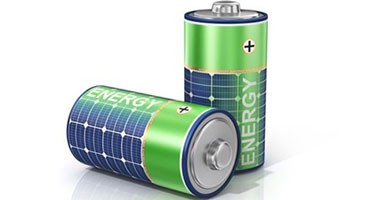Materials and interfaces
Energy storage

Activities under the energy storage theme cover research and development into the electrochemical processes of charge storage. This has a particular focus on novel alternatives to Li ion cells, currently one of the most widely used forms of mobile energy storage. Lithium supply is subject to both practical limitations as well as geopolitical market fluctuations. On the other hand, Al is both abundant and already ubiquitous in the global economy. Aluminium has an energy density almost as good as Li but the chemical and electrochemical processes associated with charge and discharge are quite complex. Our team is involved in Al battery research funded by the European Union and through other funding networks including the Energy Research Accelerator (ERA). Additionally, we work on other charge storage systems involving novel electrolytes and conducting polymer membranes.
Another theme of our energy research is the recovery and recycling of valuable materials (including precious metals) from energy-related waste streams including Waste Electronic Equipment and batteries. These activities are focused on the development of a circular economy model for energy materials and have continued under a number of projects funded by the EU and most recently by the Faraday Institution.
One common factor in all these activities is the use of a unique deep eutectic solvent technology developed at the University of Leicester. We undertake both fundamental scientific studies into the properties of these new and novel solvents as well as develop their applications. We work with academic and industrial partners across Europe and internationally on blue-skies research and technology-transfer in collaboration with funding agencies including Innovate UK, EPSRC and EU Horizon 2020 as well as through contract research with industrial partners.